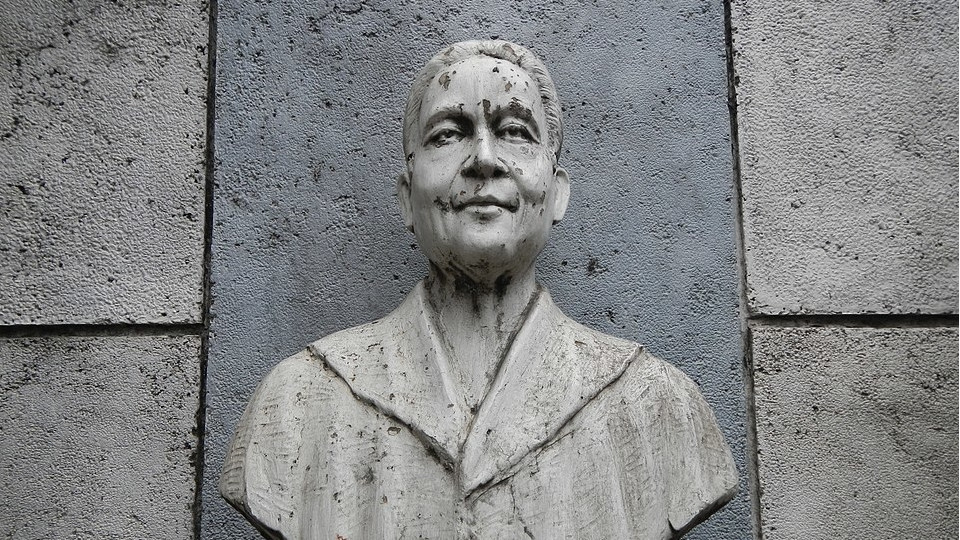"For wealth bred insolence, the insolence of grandeur."
Behold the Propaganda, "a sophisticated movement, conducted with pen and word, seeking reform, preaching enlightenment."
The next two chapters in the book were supposedly about the propagandists Marcelo H. del Pilar and Graciano Lopez-Jaena, but to my surprise, Nick Joaquin brought up other, less well-known names.
With the economic boom in the 1800's came wealth and privilege to Filipinos, and when rich families sent their sons to study in Europe, they started campaigning for reforms back at home.
Nick Joaquin wrote glowingly of Gregorio Sanciangco, a Chinese mestizo whose book EL PROGRESO DE FILIPINAS (1881) was "THE epiphany that started the Propaganda." He set down what other propagandists merely echoed in their appeals to the Spanish court.
I was quite dismayed to read the portrayal of Graciano Lopez-Jaena, whose brilliance was not used to the fullest because he was incapable of holding down a job, too busy drinking and using up funds given by countrymen in fleeting pleasures.
It saddened me to read how a very contemporary problem visited our heroes a century ago: embezzlement and misappropriation of funds to be used for the country. Not even "the great Lopez-Jaena" was exempt from corruption.
Lopez-Jaena, in the end, washed his hands of the movement, and even spoke ill against his former partner-patriot, Marcelo H. del Pilar! The audacity. He had the gall to beg for more funds (after misusing earlier monies) so he could campaign for politics in Spain. The nerve. Joaquin puts it bluntly: "He used the Propaganda movement to freeload."
Saddened by what he saw his countrymen do abroad, Rizal wrote:
"If our countrymen place their hopes in us here in Europe they are certainly mistaken. The help we can give them is our lives in our country... the medicine must be brought near to the sick man."
Same sickness, different century. The struggle continues.
(Graciano Lopez-Jaena) (Marcelo H. del Pilar)
(Gregorio Sanciangco)




No comments:
Post a Comment